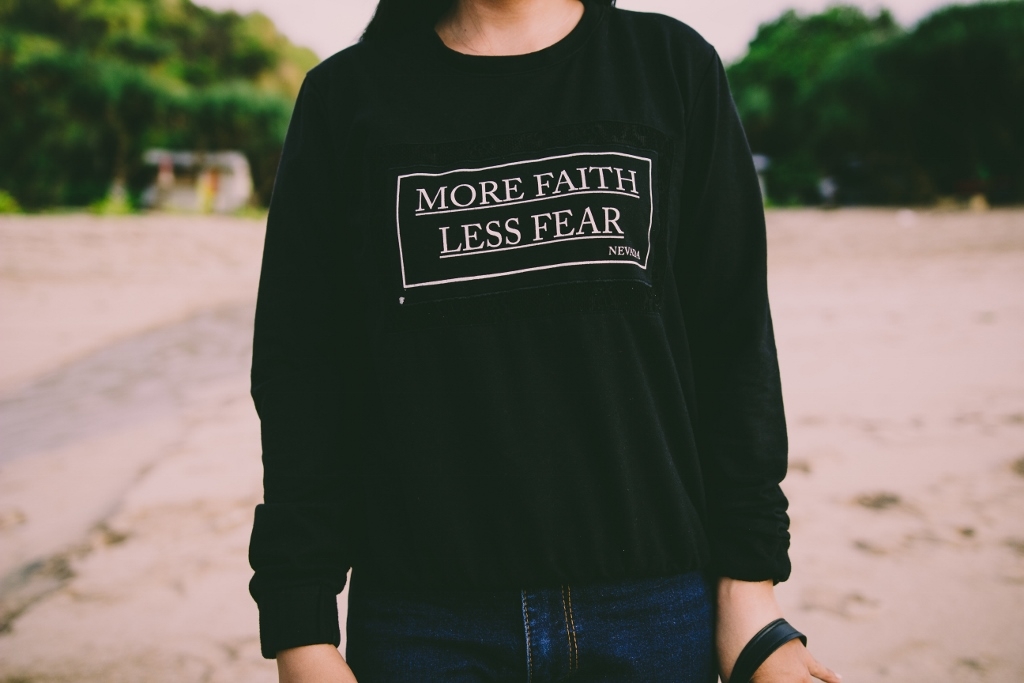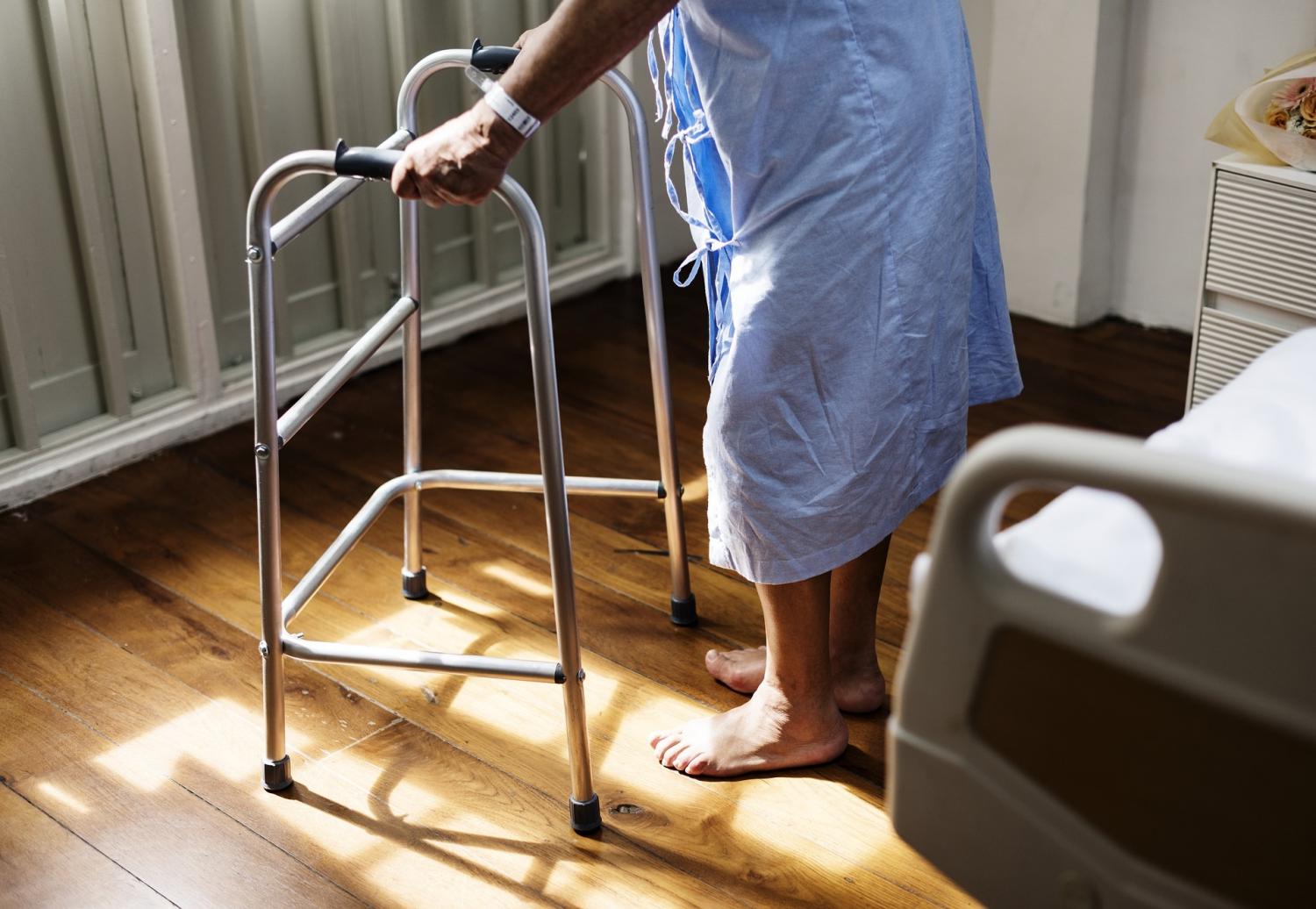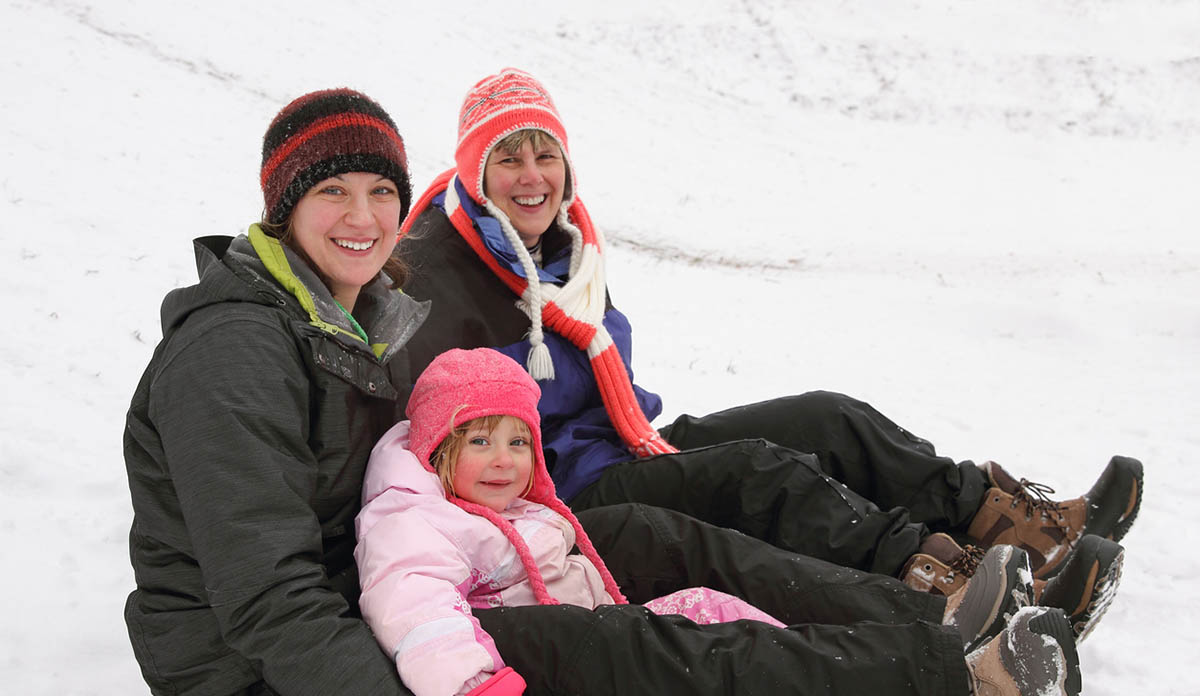
Reflections from the Other Side of Reason – Between faith and doubt
Since 2013, recognized author and community leader for mental health, David Gibson, has battled the inner world of PTSD to find some measure of hope within. He uses his writing to explore how his journey as a survivor has enabled him to come to terms with PTSD and the new reality of his life. His 'Reflections from the Other Side of Reason' not only invite the reader into his life, but offers insights on how to grow and build resiliency. By sharing his experiences he takes away any toll for others to walk down the same road.
[Truth or dare?]
I have found that writing is powerful in the moment we write – it allows us to put our thoughts and feelings outside of ourselves and get a little objective distance from them.
Sometimes writing is a way of processing or purging a traumatic circumstance – we can feel cathartic and somehow cleaner on the other side of our writing.
I have also found writing to be powerful when our former self does that challenging and talking through the very words we put to paper.
It’s very hard to hide from the truth as we know it and told it.
If of course, we’re willing to tell the truth and hear it.
“Doubt arises partly on account of our unrealistic expectations about certainty”.
Alister McGrath, Doubting: Growing Through the Uncertainties of Faith
Is faith eroded by a gradual accumulation of certain types of experiences or is it destroyed by an intense life-changing event?
The maxim that there are no atheists in foxholes suggests that crises strengthen faith, while people are apt to forget God during good times. While some empirical studies have shown positive changes after a traumatic event, others have shown negative impacts.
Living without faith and instead, doubting the very being of your existence, leaves a horrible chasm in your perception of life. Living through a traumatic experience can deepen the undermining of everything you believed in and valued in life.
The vast abyss of time lost between who you were before a traumatic experience and who you are after a traumatic experience, can suddenly take on an overwhelming significance. This realization of your time in this life and that your own actual existence only takes place in this tiny, brief lightning flash of existence, can certainly bring forward the notion of your own mortality and the purpose of your life. And beyond yourself, that also includes the life of your loved ones and of your children, particularly.
It is that living rhythm, of that anguish, or that tension between our actual experience of ourselves and the people we love and the things that give meaning to our lives, which is so brief, so packed — something that only becomes briefer and more packed and more poignant as we recover and heal inside and out.
One of the greatest philosophers of science in the 20th century, Karl Popper, always said that the realm of science was small and distinct; that there was a huge realm of human experience that would never be susceptible to scientific explanation.
Essentially our human experience as I discovered, is a practice of interpretation which includes faith and doubt.
And I think that’s something that is still insufficiently well understood, that what faith brings us is not a code but a practice, a framework of sorts. The idea of having faith is one that’s completely compatible with the idea of being extremely doubtful of the practice of faith
I believe we are drawn to faith all the while we are practicing doubt, just as those before us professed doubt even as they practiced faith. Whatever this is that we’re trying to address in ourselves and in our human experience, it’s in the nature of the thing that what we’re doing doesn’t completely make sense, and yet it has meaning from our interpretation and then our narrative reconstruction.
Faith offers order, direction, and meaning. The literature on this subject can be very confusing in that the exposure to multiple traumatic events was associated with stronger intrinsic devoutness. Yet on the other hand, multiple traumas was also associated with a heighten feeling of vulnerability and a threatened sense of continuity. Religious beliefs in my view, provide constancy, control and purpose. In my interactions, some survivors explained to me that before the trauma they took life for granted and didn’t fully realize that they would die someday. After the trauma, they understood more clearly how precious life is and realized the importance of using time in a meaningful way.
Although many questions remain, research suggests that suffering in and of itself does not destroy or instill faith. Faith is an exquisite blend of thought and emotion. A person’s emotional bond with convictions learned early in life can help sustain faith during the most difficult times. And religious beliefs can influence emotional responses during crises as well as the subsequent interpretation of the meaning of the experience in the context of one’s life and place in the greater scheme beyond oneself. Believing that God imposed or allowed a traumatic event is more likely to alienate one from faith, whereas believing that God sustained or rescued us is more likely to strengthen faith. Religious beliefs that encompass the value and meaning of suffering are more likely to carry someone through difficult times and help restore well-being.
If religious faith begins to wane as affiliation weakens, it is not clear what will take its place or whether its replacement will provide the psychological benefits served by faith. It can be excruciatingly lonely in a foxhole, as it can be lonely living with the traumatic repercussions and nightmares that haunt so many survivors.
I would suggest that much of our life narrative is devoted to recapturing the momentary joys of ordinary experience. When you ask someone about their life, most often than not they will highlight the positive aspects that define their life rather than the negative ones. And this spirituality is, in effect, promised forward in terms of recreating, and crystallizing the ecstatic moments in life.
Yet as we know, trauma by its very nature, undermines your ability of capturing the momentary joys of ordinary life and even at its best, makes it incredibly difficult to create.
Finding or having faith in a world of doubt, for me, lies someplace in that impulse, revelation and heartbeat we experience as life. And for me this is something I am going to hold onto into my tomorrows.
Until next time.









